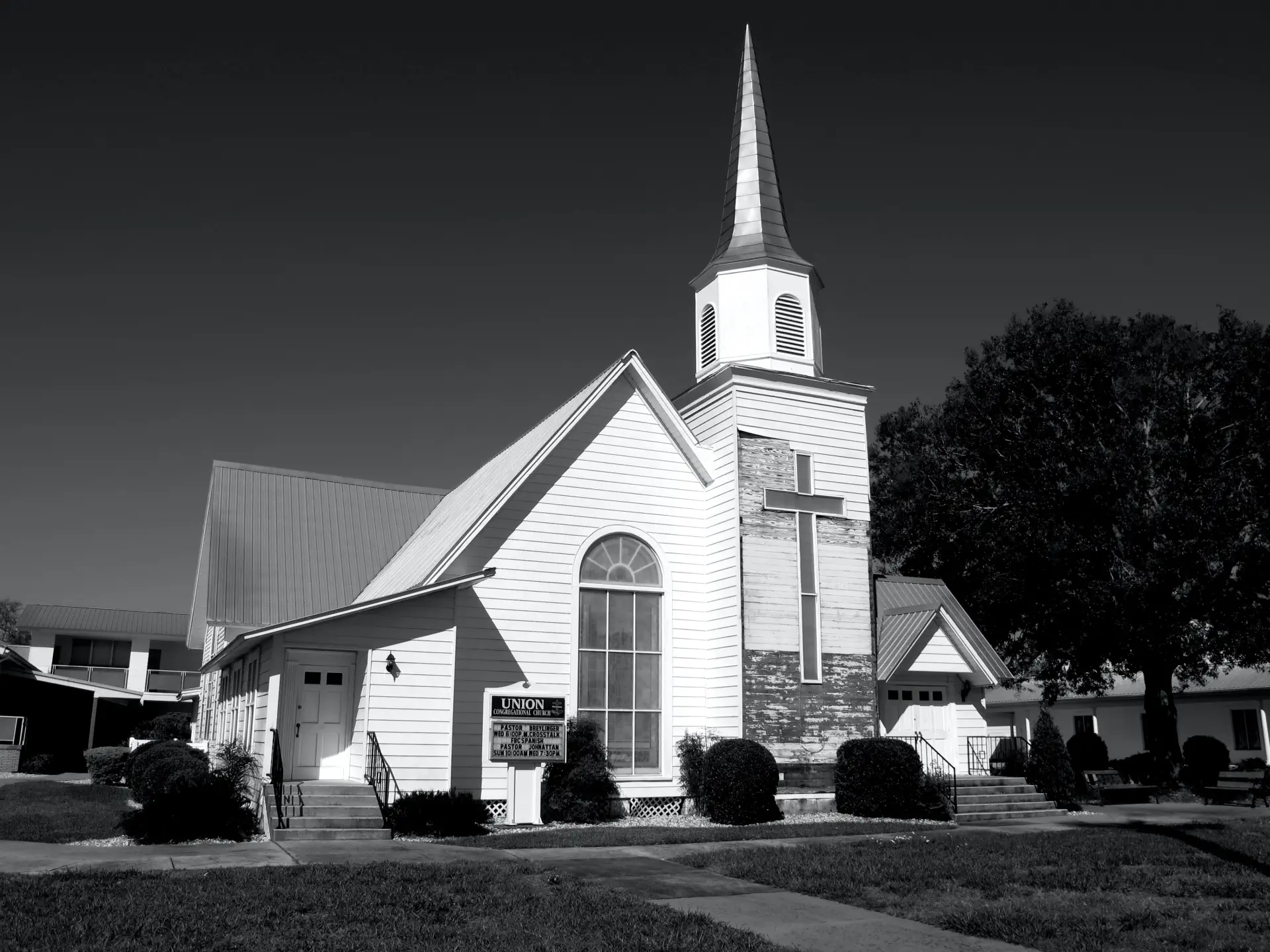Part IV – Trusting God in the Storm
When our world is shattered, and we are left standing in the ruins of our expectations, trust becomes the most difficult yet most necessary response. In the midst of suffering, we are faced with a choice—will we trust that God is who He says He is? Can we still believe that He is good, wise, and sovereign even when life does not make sense?
It is not suffering alone that shakes our faith, but rather the way we think about God during suffering. Bad thinking about God leads to distorted views of who He really is, making it hard to trust Him when tragedy strikes. When we misunderstand His nature, we become vulnerable to doubt, anger, and despair. The God we thought we had was one that we constructed in our own minds – not the real God of the Universe. In these cases, we sink along with our self-constructed anchor. We have nothing to hold onto since we have been trusting in the wrong god.
Take the case of Harold Kushner, a prominent Jewish rabbi and author of When Bad Things Happen to Good People (1981). Kushner wrestled with the same questions we all ask in suffering—Where is God? Why does He allow this? His conclusion, however, was tragically flawed based on his flawed view of who God is. He argued that while God is loving and morally good, He is not all-powerful. In his view, God wants to stop evil and suffering but lacks the ability to intervene in every case.
Kushner’s perspective might provide temporary emotional relief to those who struggle with the idea of a sovereign God allowing suffering. But his conclusion denies the God of Scripture—the God who is all-powerful, all-wise, and perfectly good. When we diminish God’s power, we create a version of God that is less than sovereign and ultimately not worthy of our trust.
To truly trust God in suffering, we must see Him as He really is. Let us consider these three attributes of God—goodness, wisdom, and sovereignty—which are pillars of assurance in the storm. He is all of these, all the time, without contradiction. These qualities, along with others like love, justice, and holiness, reveal a God who is not only in control but worthy of our deepest trust.
God’s Goodness is the Foundation of Trust
In times of suffering, we are tempted to question God’s goodness. We assume that if He were truly good, He would prevent our pain. Yet, the Bible defines goodness not by the absence of suffering but by the presence of God’s perfect love and care in all situations – including suffering.
Psalm 34:8 invites us: “Taste and see that the Lord is good; blessed is the one who takes refuge in Him.” This verse is not promising a life free of hardship but rather assures us that God is the refuge we need in the storm. His goodness is not a theoretical concept—it is something we can experience for ourselves when we accept his invitation to trust.
The greatest evidence of God’s goodness is found in Christ. Romans 8:32 declares: “He who did not spare His own Son, but gave Him up for us all—how will He not also, along with Him, graciously give us all things?” If God willingly gave His Son for our salvation, how can we doubt His goodness in anything else?
When my daughter died, I struggled to see this. I saw only what I had lost, not what remained. I was angry that God would take her from us. Time has helped me to recognize God’s goodness in how He sustained me, in the people He placed around me, and in the assurance of eternity with Him. His goodness was not absent—my grief simply blinded me to it.
God’s Wisdom is Trusting That He Knows Best
If God is good, why does He allow suffering? The answer lies in His wisdom—His ability to bring about the best possible outcome in the best possible way. Our human understanding is limited, but God sees all things from an eternal perspective.
A.W. Tozer captured this truth beautifully: “Not only could His acts not be better done: a better way to do them could not be imagined.” This means that in God’s infinite wisdom, He always acts in the best possible way, even when it does not feel that way to us.
Proverbs 3:5-6 instructs us: “Trust in the Lord with all your heart and lean not on your own understanding; in all your ways submit to Him, and He will make your paths straight.” We do not have to understand God’s ways to trust Him—we only need to submit to His wisdom.
Job wrestled with this truth. After losing everything, he demanded an explanation from God. But rather than answering Job’s questions, God revealed His infinite wisdom: “Where were you when I laid the earth’s foundation? Tell me, if you understand” (Job 38:4). God’s response was not an apology, nor an explanation—it was a reminder that His wisdom surpasses human comprehension.
Like Job, I longed for answers. I wanted to know why God had allowed my daughter’s death. But over time, I came to realize that even if I never received an answer, I could still trust that God’s wisdom was guiding all things according to His perfect plan.
God’s Sovereignty is Trusting That He Is in Control
The sovereignty of God means that nothing happens outside of His authority. He is not surprised by suffering, nor is He powerless to intervene. Everything that occurs is either ordained or permitted by His hand for purposes we may not yet understand.
Lamentations 3:37-38 declares: “Who can speak and have it happen if the Lord has not decreed it? Is it not from the mouth of the Most High that both calamities and good things come?” This truth is difficult to accept, yet it brings great comfort. If God were not in control, our suffering would be meaningless. But because He is sovereign, we can trust that He is working all things according to His perfect will.
Isaiah 55:8-9 reminds us: “For My thoughts are not your thoughts, neither are your ways My ways,” declares the Lord. “As the heavens are higher than the earth, so are My ways higher than your ways and My thoughts than your thoughts.” We may not always understand God’s ways, but we can trust that He is ruling over all things with wisdom and purpose.
For a long time, I struggled with this truth. If God was sovereign, why didn’t He stop this? Why didn’t He intervene? But as I reflected on His sovereignty, I realized that my trust in God should not depend on whether I agree with His actions—it should depend on His unchanging character.
A Trust That Endures the Storm
Trusting God in the storm is not about having all the answers. It is about resting in who He is. His goodness assures us that He loves us deeply. His wisdom assures us that He is working for our ultimate good. His sovereignty assures us that nothing is outside of His control.
Romans 8:28 remains a pillar of hope: “And we know that in all things God works for the good of those who love Him, who have been called according to His purpose.” This does not mean that everything that happens is good, but that God will use even the worst circumstances for His good purposes. He is working to conform us to the very image of Christ. Pain and tragedy as much as joy and blessing are the tools he uses to shape us.

God’s Goodness, wisdom, sovereignty are our assurance that we are in his care and …that nothing we face is outside of His loving and perfect plan. Even when we walk through the deepest valleys, when the questions remain unanswered, and when the pain seems unbearable, we can rest in the certainty that He is with us, sustaining us, guiding us, and shaping us for His glory.
We may not always understand His ways, but we can trust His heart. His goodness means He is always acting out of love. His wisdom means He never makes mistakes. His sovereignty means He is always in control. These truths do not eliminate the pain, but they anchor us in hope.
When the storm rages, we have a choice: to let doubt and fear consume us, or to lean into the unshakable character of God. Trusting Him does not require understanding—it requires surrender. And in that surrender, we find peace, knowing that the One who holds the universe also holds us.




